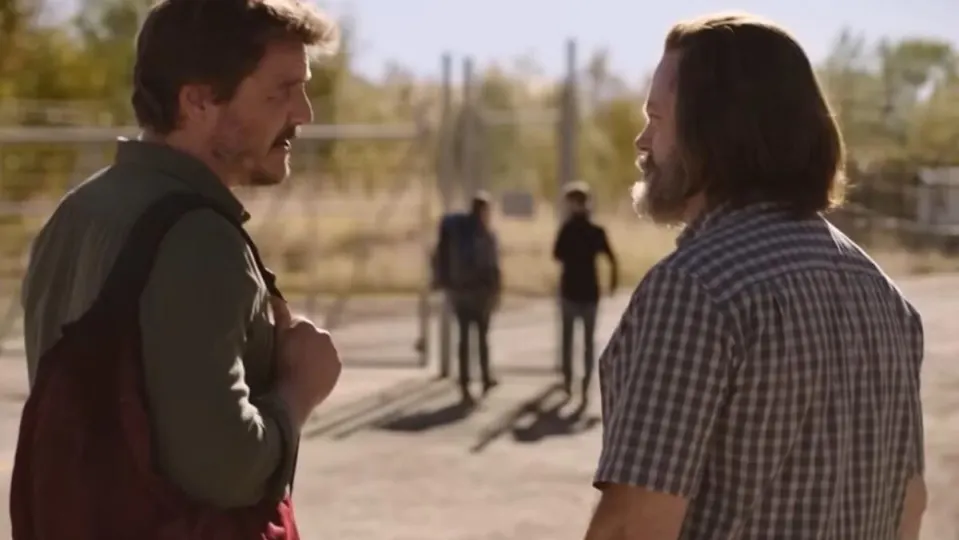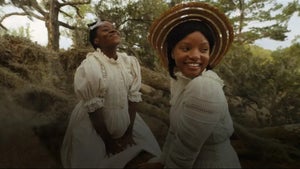72 hours after airing episode number 3 of The Last of Us on HBO, the general assessment of viewers is unanimous: we are facing the best episode so far in the series, as well as one of the best we’ve seen on television in recent years (of history, time will tell, that going so high from the start is always bad).
But what makes it so special? Why is it getting so much praise? Well, because it represents well what a video game adaptation needs to be for the small or big screen.
Spoilers for the episode are coming. We recommend not reading the article until you see it.
Respect and consistency
There is a maxim that I never stop defending when it comes to making an audiovisual adaptation of a video game, comic book or whatever: it is not necessary that it is the same, what is mandatory is that it has respect for the original work. The adaptation of Resident Evil for Netflix is terrible not only because of a very poor direction and erratic editing, but also because it has no respect for the product on which it is based (and that is why it has lasted one season).
And with respect, I repeat, it does not mean that everything should be identical, but that it should maintain the identity of that work. Here we can enter into a wide debate about what is “the identity” of a series, about what is “the essence”, but it is easier to detect it than to analyze it. You know what a vegetable stir-fry smells like, but it would be difficult to detail that smell because it is a combination of many. You have it internalized, you know what the essence of the sauce is, and that is the key.
Episode 3 of The Last of Us is a demonstration in capital letters that you can skip any plot of the video game, change it, twist it and modify it, because it has been made with care, with delicacy, with passion and respect for the work while maintaining that essence. And what is even better: it even tells a more beautiful story than the one narrated in the videogame.
Neil Druckmann, co-creator of The Last of Us, commented in the Behind the Scenes that the idea on which the series is based is simple: if the video game material is good, then it stays the same; now, if they consider that it can be improved, the team has tried to change it to make it better. It’s as simple and easy as that.
1×03 responds to this premise. In the game, Bill helps Joel and Ellie in their village, while also letting slip that he has a relationship with Frank through the latter’s suicide note. It’s not explicit, as is his homosexuality, but it doesn’t take a genius to figure it out. In the series, however, it is given a twist, made explicit, and the lives of both characters are narrated. By being able to dispense with the gamified part intrinsic to the videogame, HBO fiction delves into the relationship between both entities.
It focuses on them, how they meet, how they live together in the village and how they both reach the end of their lives together. Here Frank doesn’t commit suicide alone: Bill accompanies him on this journey. Because if you think this episode is filler, I’m sorry to tell you that you’ve heard very little of the episode: the final letter that Joel keeps is the catalyst to know that he has a goal. That’s why he looks at Ellie, because he knows he now has a purpose.

This is shown quite well in the video game when Ellie escapes from the hydraulic dam and Tommy and Joel go in search of her. The two argue, but Joel realizes that this girl is not only his mission, but also what gives him life, what begins to bind him to this world. In the HBO series, that moment has been advanced thanks to Frank and Bill’s chapter, they take advantage of that suicide to tell Joel to worry about what’s there, lest he might lose it.
That is why this 1×03 is a magnificent adaptation, because it not only takes those elements that interest him from the video game, but transforms them to make them better and adopts them to a purely audiovisual language. Respect for the work also becomes narrative coherence, in that what is being told responds in a positive way to both the new world created (that of the series) and the old one (that of the videogame). Because if this story had been in the video game, no one would have been surprised given that it is plausible in that world. It supports Ellie and Joel’s journey, which is the predominant note.
It doesn’t matter if Bill is killed because his death responds to a narrative need and correlates with that universe. The important thing in an adaptation is not that it is one on one, but that it has respect. And this one has it.


